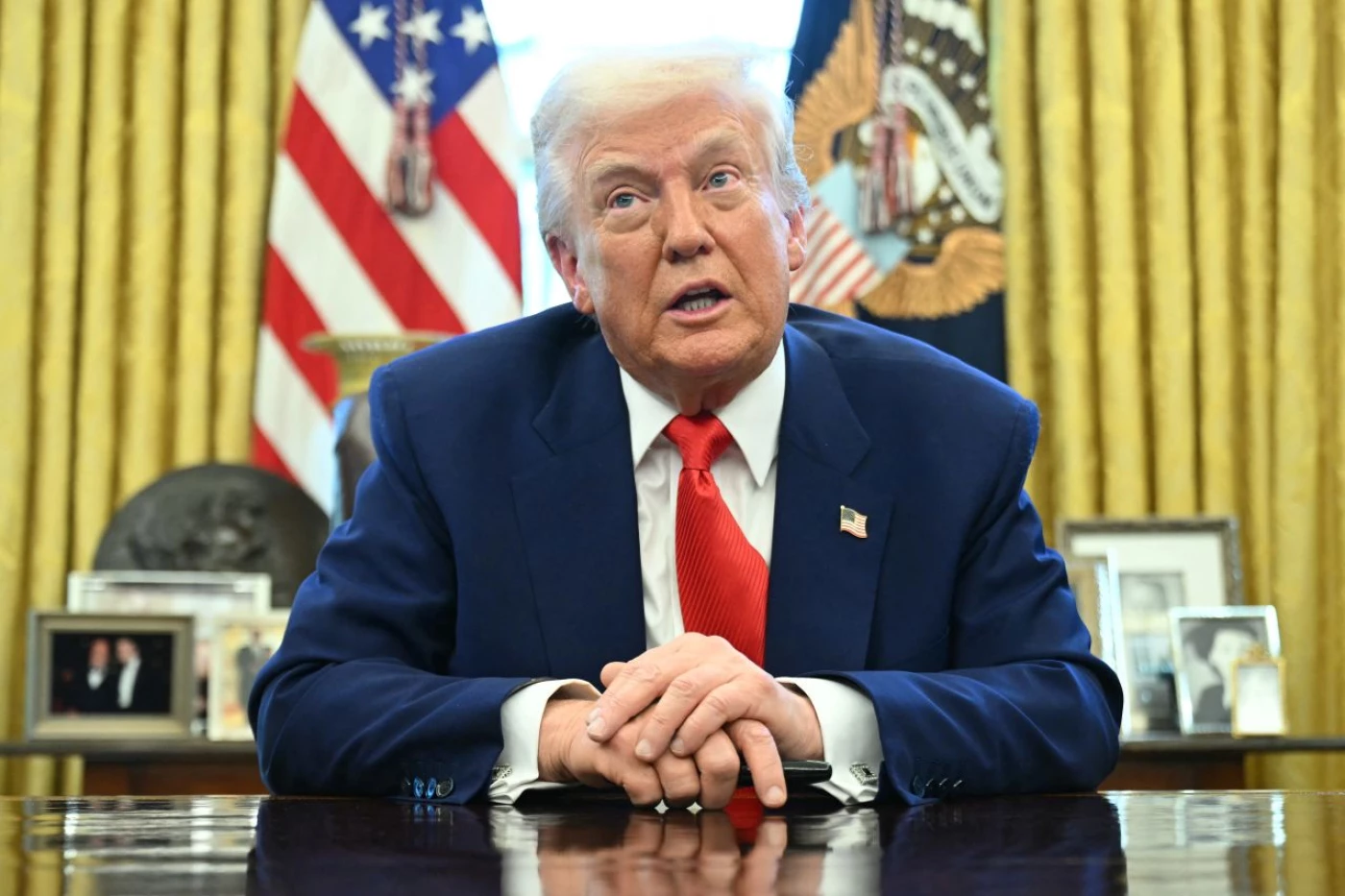ERBIL, Kurdistan Region of Iraq – In a letter to Iraqi Prime Minister Mohammed Shia’ al-Sudani, US President Donald Trump on Wednesday said that the US is imposing a 30 percent tariff on Iraqi goods imported to the country starting from August 1, 2025.
“Starting on August 1, 2025, we will charge Iraq a Tariff of only 30% on any and all Iraqi products sent into the United States, separate from all Sectoral Tariffs,” read Trump’s letter.
“Please understand that the 30% number is far less than what is needed to eliminate the Trade Deficit disparity we have with your Country. As you are aware, there will be no Tariff if Iraq, or companies within your Country, decide to build or manufacture products within the United States and, in fact, we will do everything possible to get approvals quickly," the letter added.
Trump added that should Iraq decides to raise tariffs on the US "for any reason," whatever number they raise the tariffs by will be added to the 30 percent, adding that the imposed 30 percent tariff is subject to change, "upward or downward" depending on the US' relationship with Iraq going into the future.
Trump said that the US-Iraq trade relationship “has been, unfortunately, far from reciprocal,” adding that “this Deficit is a major threat to our Economy and, indeed, our National Security!”
The president noted that the US "will, perhaps, consider an adjustment to this letter" if Iraq opens its "heretofore closed Trading Markets to the United States, and eliminate[s] your Tariff, and Non-Tariff, Policies and Trade Barriers."
The US president has long criticized his country's trade deficits with foreign economic partners, saying previously that "foreign leaders have stolen our jobs, foreign cheaters have ransacked our factories, and foreign scavengers have torn aport our once-beautiful American Dream," seeking to correct this perceived injustice through the imposition of tariffs in concordance with his "America First" foreign policy.
On April 2, Trump heralded the levying of tariffs on a multitude of countries, dubbing the occasion "Liberation Day" and saying it would "forever be remembered as the day American industry was reborn."
The tariffs, aimed at raising the cost of imported goods in domestic markets, are intended to boost the competitiveness of national industries while also serving as a revenue source for the US government.


 Facebook
Facebook
 LinkedIn
LinkedIn
 Telegram
Telegram
 X
X



